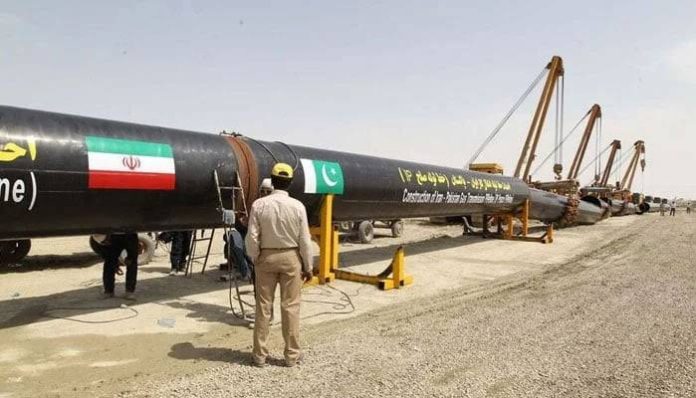The geopolitical dynamics surrounding the Pakistan-Iran gas pipeline project underscore the complex interplay between regional energy interests, international sanctions regimes, and diplomatic relations. The United States’ stance on the project reflects its broader policy objectives in the Middle East and South Asia, particularly concerning Iran’s nuclear program and regional influence.
For the United States, Iran’s nuclear ambitions and support for proxy groups in the region pose significant security concerns. As such, the US has imposed extensive economic sanctions on Iran, aiming to cripple its economy and constrain its ability to pursue nuclear weapons development. These sanctions extend to entities engaging in significant transactions with Iran, including energy projects like the gas pipeline between Pakistan and Iran.
From Washington’s perspective, any involvement in the pipeline project could undermine efforts to isolate Iran economically and diplomatically. By cautioning Pakistan against proceeding with the project, the US aims to dissuade Islamabad from deepening its economic ties with Tehran, thereby bolstering the effectiveness of its sanctions regime.
Pakistan, however, finds itself in a challenging position. Energy shortages and growing demand necessitate diversifying its energy sources, and Iran offers a convenient option given its proximity and abundant natural gas reserves. Moreover, Pakistan seeks to maintain cordial relations with both Iran and the United States, balancing its energy needs with strategic alliances.
The request for a waiver from US sanctions reflects Pakistan’s attempt to navigate this delicate balancing act. By presenting technical and political justifications for its involvement in the pipeline project, Pakistan hopes to secure US approval while advancing its energy security objectives.
Meanwhile, Iran’s insistence on pursuing arbitration underscores its frustration with the project’s delays and its desire to hold Pakistan accountable for its commitments. Tehran views the pipeline as crucial for its own economic interests and regional influence, making it unwilling to relent despite US pressure.


